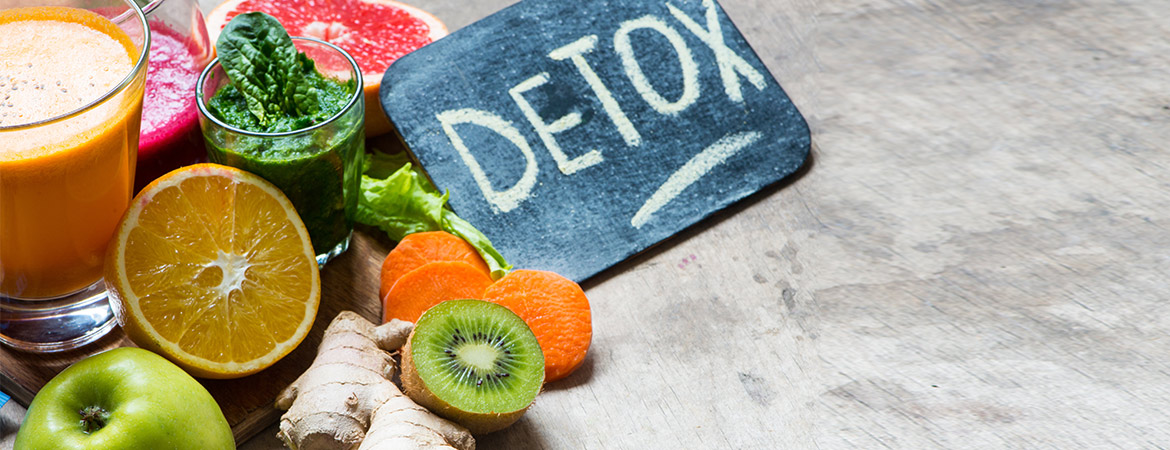What is the greatest health risk?
What is the greatest health risk and how it affects liver function?
Your liver may be the most underestimated organ in your body ...!
The liver is the largest internal organ of the body, and one of its most important functions is to help toxins and all harmful substances get rid of the body.
Unlike some other organs in the human body such as the heart and the lungs, it may be difficult to measure the smooth, hence correct, function of the liver. However, because the liver cannot alert us when it needs help (like the heart does with its beatings when there is a problem or like the coughing lungs warn that something is happening), it does not mean that it can prosper without special care.
◊ Today human liver faces - and has to overcome - challenges that have never encountered before! ◊
⇒ The liver consists of two main lobes and is located below the diaphragm and above the stomach, from the right kidney and intestines.
⇒ The liver has various and very important roles, but its primary role is to protect the organism from harmful substances and toxins.
A healthy liver:
- Produces bile, which helps to get rid of all the waste and break down the fats.
- Helps to regulate the levels of sugar, proteins and fat entering the bloodstream.
- Cleanses your blood with drugs, alcohol and other harmful substances.
- Processes the nutrients absorbed by the intestine during digestion.
- Produces cholesterol, proteins and coagulants to help clot blood.
- Regulates many hormones.
- Neutralizes high-activity oxygen molecules and free radicals.
This great internal organ is essential for the smooth functioning of the body because of its ability to break down any harmful substance that enters the blood or bile, removing it from the body either through the kidneys with urine or through the intestines with the stool.
Every day, all these functions run like clockwork, without much support from our side.In modern times, however, there are many potential threats that can disrupt the smooth functioning of the liver, hence its health.
A recent study has shown that the liver "ages" faster than the rest of the body.
Factors such as excessive fat in the abdomen can increase their actual age. In particular, the researchers found that for each increase of 10 units in BMI, liver age increased by 3.3 years. An interesting finding is that even if you are doing surgery to lose weight, the age of your liver will not change!
What is behind this vicious circle and threat for your liver?
Associated with one of his worst enemies, many may think that the worst enemy of their liver is alcohol.
But there is another substance that is just as harmful and much more corrosive. Unlike alcohol, this other substance is found in almost each processed food and may be considered innocent, because you can even find it in the grocery store of your neighborhood!
Fructose:
the most devastating type of sugar for the human body, extremely difficult for the liver to metabolize and can act just like alcohol.
-
Fructose should be broken down by 100% from the liver
-
Glucose, on the other hand, is only sufficient to be partially digested before it is used.
Fructose is directly metabolized to fat, stored in the liver and other internal organs, even body tissues, leading to mitochondrial dysfunction. It also produces toxic metabolites and free radicals of peroxide when metabolized and this potentially can lead to inflammatory conditions of the liver. Because it is a cheap form of "sugar", it can be found in plenty of food and beverages, often deliberately disguised by the use of many different names.
The only way for someone to be protected by this dangerous substance, is to completely avoid processed foods.
Fructose and other non-fiber carbohydrates are important factors behind the increasing liver problems and many other health problems. Unfortunately, even children now show signs from the excess fructose consumption, that are usually associated with alcohol abuse!
The "silent killers" of liver function lurk in the house, in the water, and in the air we breathe. Chemicals, detergents, plastics with phthalates and BPA / BPS, flame retardants, and formaldehyde are easy to find everywhere.
These harmful substances enter the body through the skin or lungs, or from the food and drinks we consume and the most important is that they end up in the blood, so the liver is the one called to process them.
We are all exposed to far more chemicals that are either contained in our food or are diffused in our environment. However, the liver and its functions have not changed at all. This means that the liver has not been able to evolve, so to keep pace with the increasing challenges.
Nowadays, no one can ensure full liver function at 100%. But everyone can be sure of its smooth operation by limiting alcohol consumption and completely avoiding anti-inflammatory drugs, as well as avoiding or minimizing the use of potentially harmful painkillers.
In addition, smart ways to protect liver function are:
- Achieving and maintaining the ideal weight
- Limiting the intake of fructose from all sources
- The avoidance of sweeteners in food and fruit juices
- Avoiding or minimizing contact with toxic chemicals such as pesticides, cleansers, paints and solvents.

